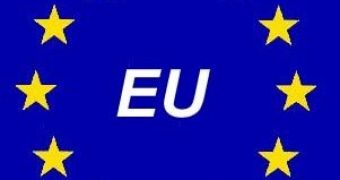The war between Intel and AMD is taking a new turn as the European Commission pressed formal charges against the chip maker Intel for using illegal tactics in an attempt to gain more market shares and consolidate is position as market leader. Ton Van Lierop, a spokesman for the European Commission - cited by the news site ZDNet - said "I can confirm the statement of objections has been sent", so the Commission acting as the top antitrust European Union regulator really means business.
This action represents the completion of antitrust investigations against Intel that were started in 2005, when Intel's European offices were raided by EU investigators searching for evidence of "illegal methods to coerce OEM computer manufacturers to ship systems with Intel rather than AMD processors" according to the Ars Technica site. Last year, AMD filed several official complaints, not only in Europe but in the U.S. and South America as well. In Germany, AMD accused a German computer retailer and Intel of using illegal tactics, as "the German retailer would only sell Intel PCs in exchange for undisclosed payments from Intel".
In the United States, AMD filed a lawsuit with the US Federal Trade Commission against Intel on the grounds that the rival chip producing company "unlawfully maintained its monopoly by engaging in a relentless, worldwide campaign to coerce customers to refrain from dealing with AMD". These antitrust moves in the European Union come at a time when AMD's market position is quite shaky, having slipped 19 percent according to market research firm Mercury Research.
"We have not been informed by the EC of the issuance of a statement of objections concerning Intel," AMD said in a statement as a response to the European Commission decision. "On the basis of an initial press report, we await the EC's public description of its apparent decision to charge Intel with illegal monopoly practices that harm consumers--as well as Intel's response," the company said.

 14 DAY TRIAL //
14 DAY TRIAL //